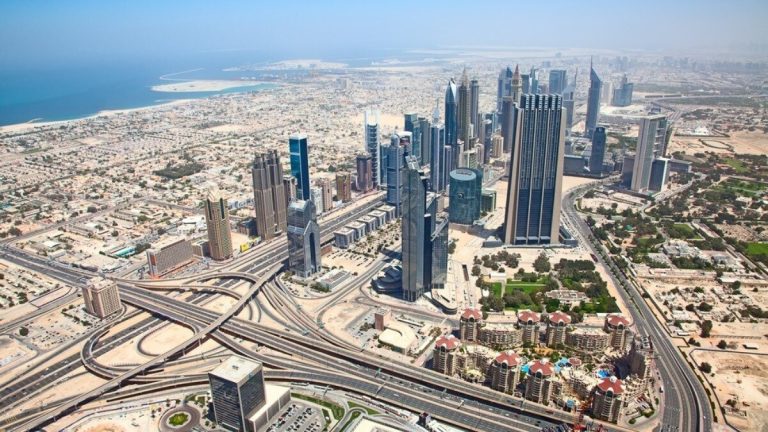It’s a 2013 interview, but its resonance in 2025 is striking. As economic instability grips Pakistan and millions of children remain out of school, a resurfaced clip of former ambassador Hussain Haqqani is sparking debate. In it, Haqqani delivers a blistering critique of Pakistan’s national priorities — spotlighting the contrast between its nuclear prowess and its neglected social fabric.
Hussain Haqqani, Pakistan’s former envoy to the United States and a long-standing critic of the country’s strategic doctrine, laid bare the contradictions in its governance model during the discussion in 2013. “One-third of (Pakistan’s) young population… never see the inside of any school — forget about madrasas, religious schools, any school,” he said. “Another one-third lives below the poverty line, and yet the country has nuclear weapons.”
Haqqani argued that Pakistan’s challenges stem not from hostile neighbors but from within. “The real threat to Pakistan essentially is from a failure to come to terms with its geography, with its history, and with having a direction for it as a nation,” he said.
Despite acknowledging the precision and control behind Pakistan’s nuclear programme, Haqqani questioned its relevance to the average citizen’s life. “We are now like the guy who keeps buying guns to try and protect himself and then says, ‘Oh gosh, I can’t sleep because I’m afraid somebody will steal my guns,’” he said, critiquing the nation’s security fixation.
He called for a national reorientation — echoing former Prime Minister Benazir Bhutto’s vision for a Pakistan invested in education and global integration. “We will keep the nukes, but we will eventually sign up with some kind of international agreement… We are not going to live as an insecure nation,” he said, citing Bhutto.
The interview’s renewed circulation comes amid persistent economic turmoil, an exploding youth demographic, and a flailing public education system — reinforcing Haqqani’s warning that no amount of weaponry can compensate for human underdevelopment.







